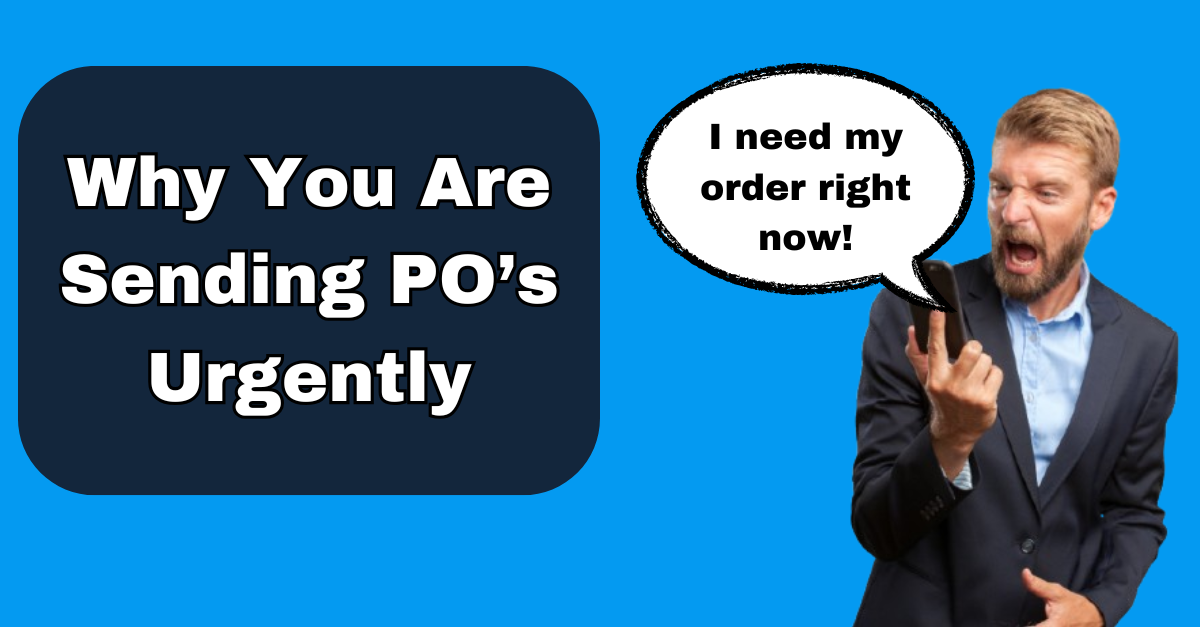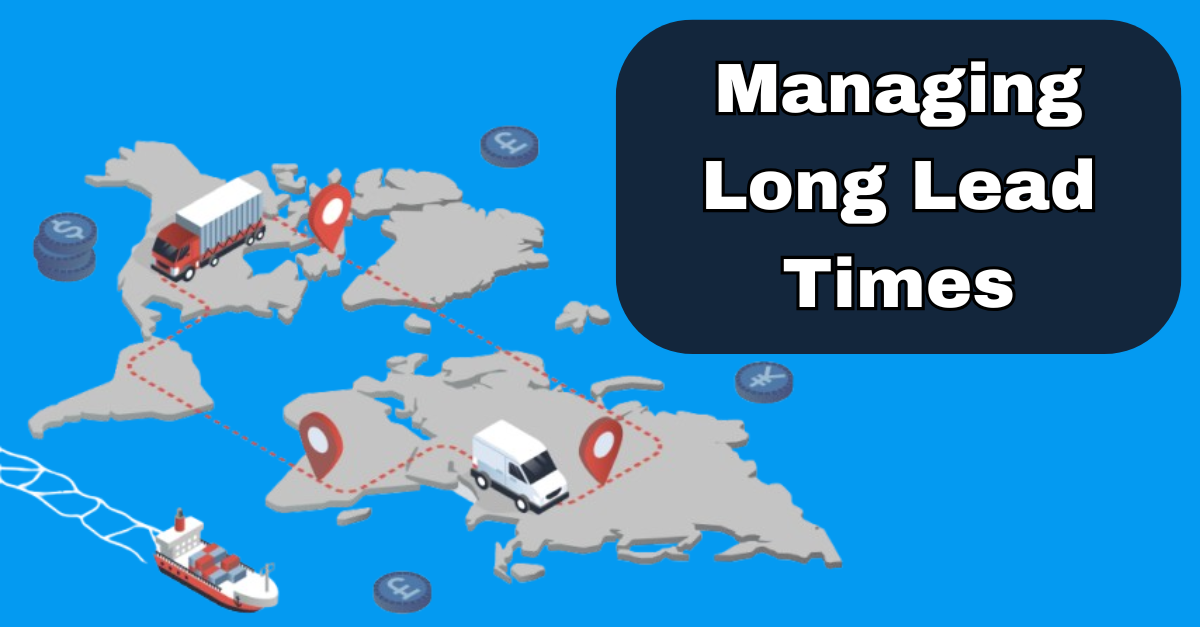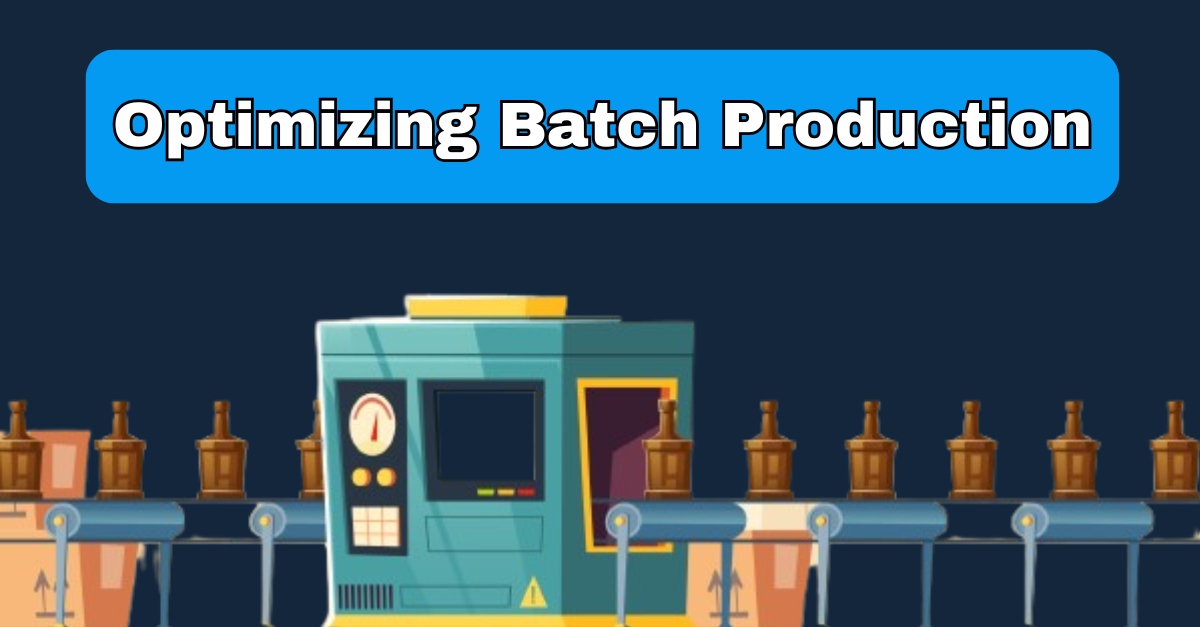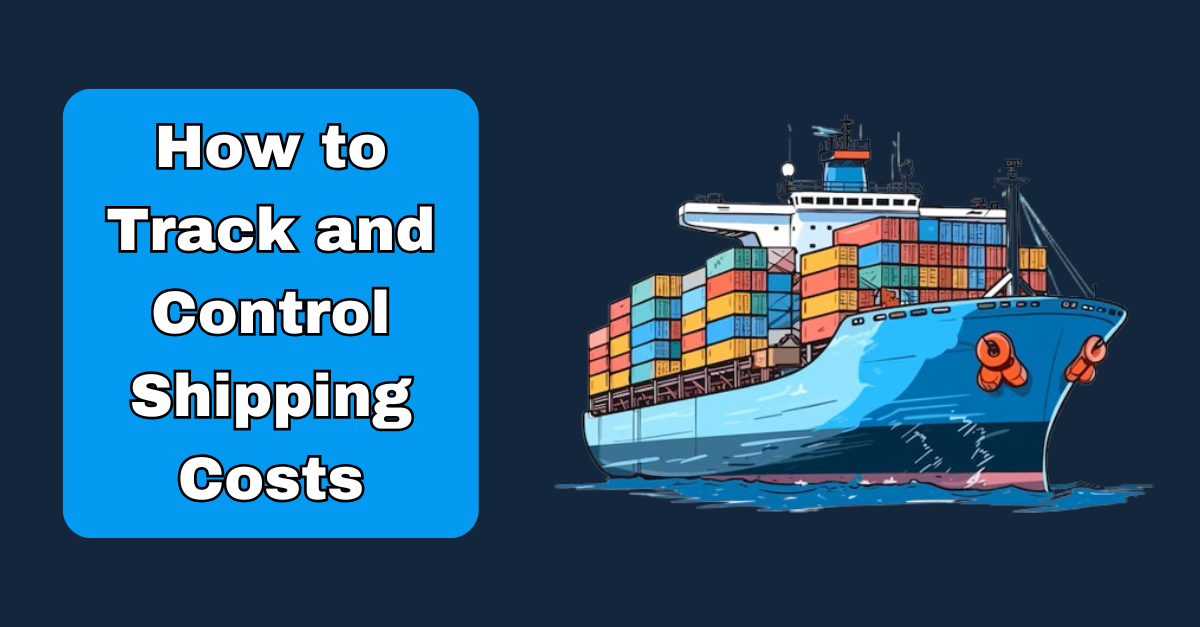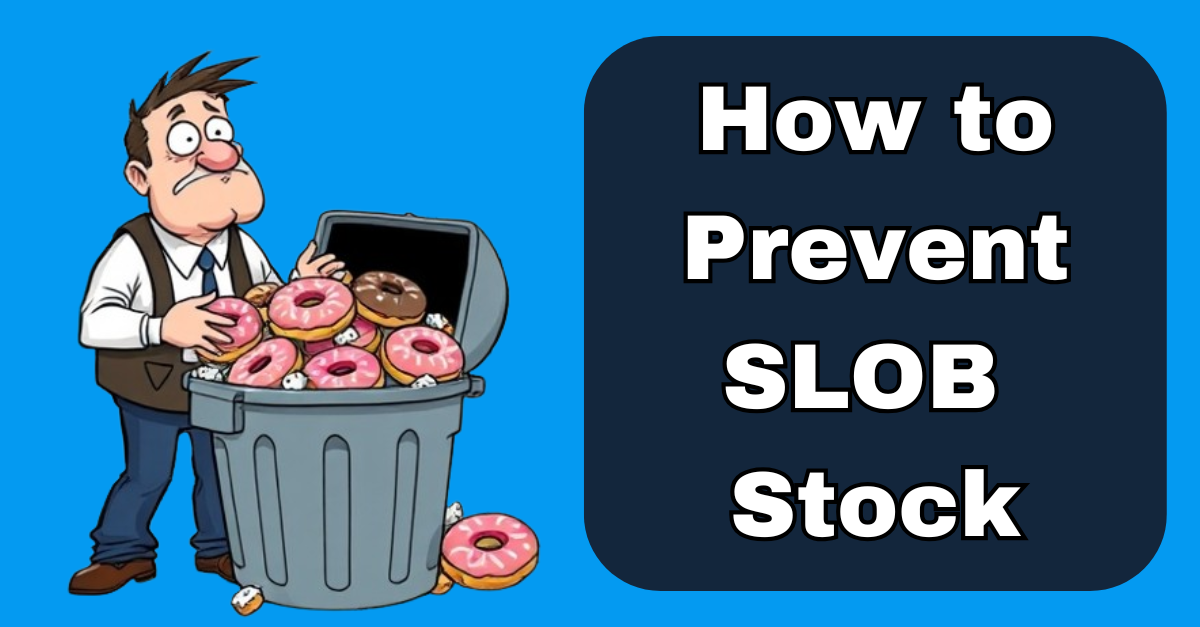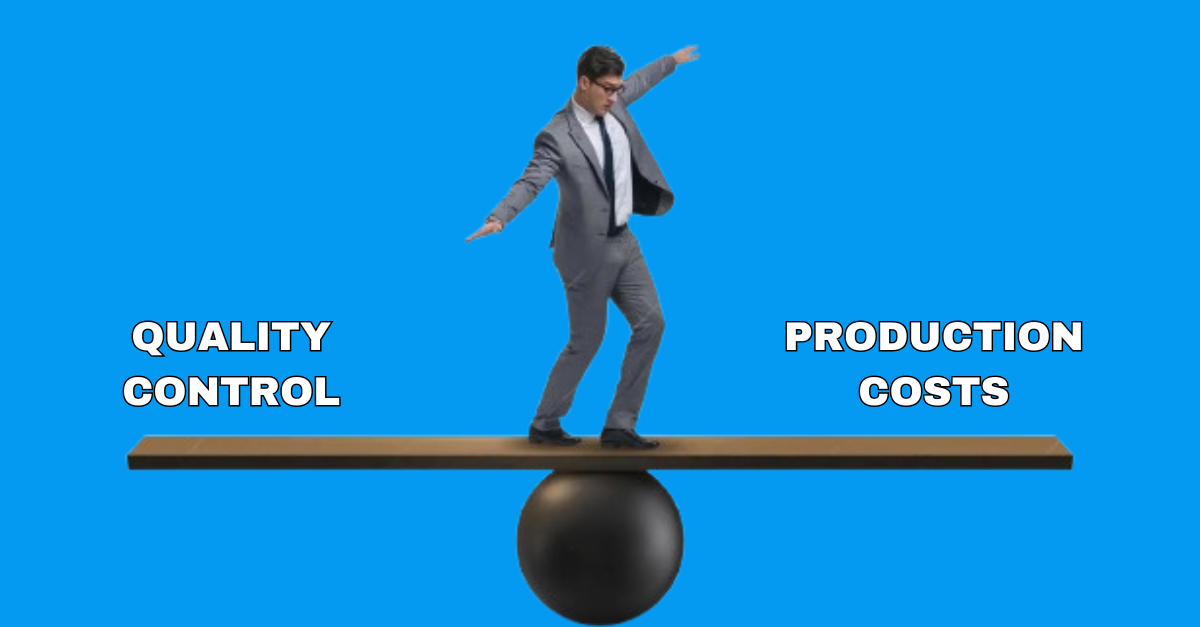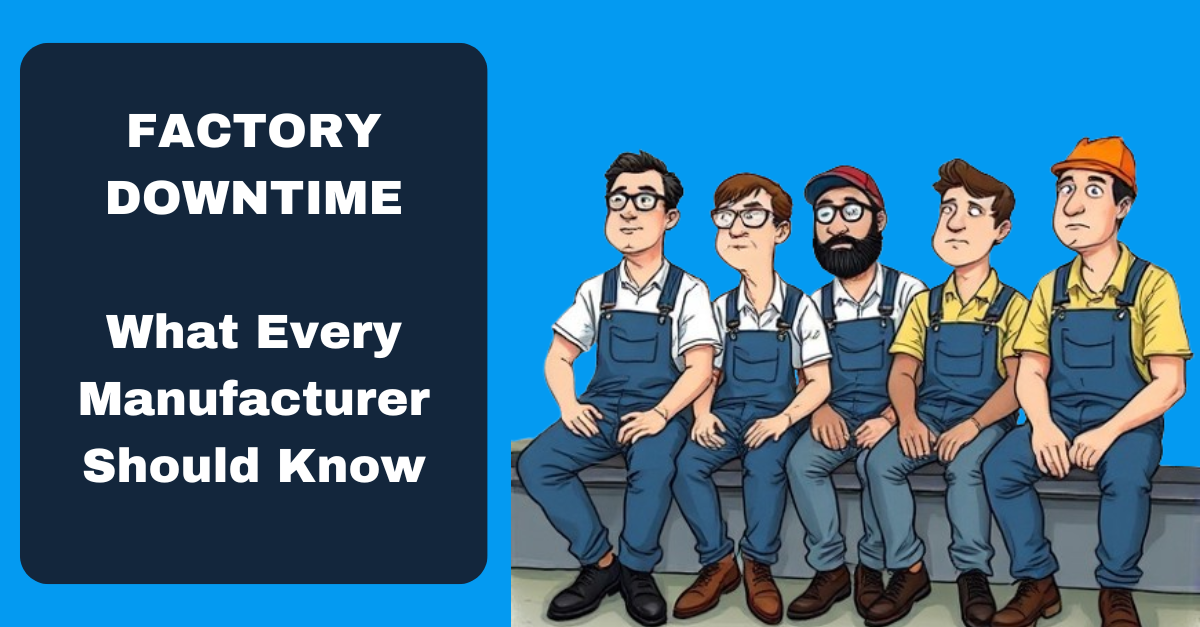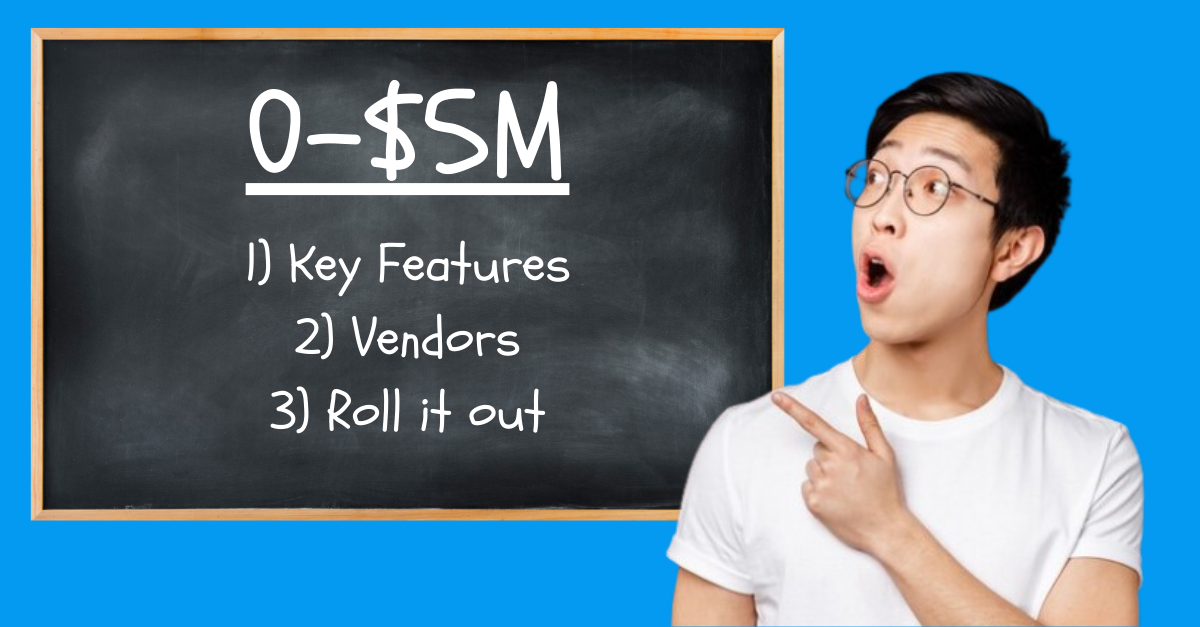ERP or Standalone Software?
As a small business operator, one of the most important questions you'll face is whether to invest in an ERP system or stick with standalone software. Let’s break it down.
What’s the Difference?
An ERP (Enterprise Resource Planning) system is an all-in-one operations management tool that handles everything from inventory and production planning to logistics, sales, and even financials. It’s designed to manage your entire business in a single system.
On the other hand, standalone software is a specialized tool that does one thing and does it really well. It might focus on just inventory management or just sales, without crossing into other areas of your business.
What Does Your Business Really Need?
When you're running a small business, the goal is to find the minimal amount of software needed to keep things running smoothly. You don’t want to blow your budget on a stack of subscriptions that aren’t driving enough impact.
The reality is, not every business needs the full functionality of an ERP system. ERPs can be expensive and intimidating. If you can get by with just a couple of standalone apps at a fraction of the cost, go for it! But there’s a catch—standalone software costs can start to add up. Suddenly, what you’re spending on multiple niche tools could easily match the price tag of an ERP.
Why Consider an ERP?
One of the biggest advantages of an ERP is that everything is centralized. Your data flows seamlessly across departments without the need for multiple software integrations. Standalone software often doesn’t play well together, which means more manual work, more potential for errors, and more headaches.
But let’s say you’ve found an amazing standalone tool—maybe a forecasting app that works far better than anything ERP vendors are offering. That’s okay! Most ERPs are built to integrate with external applications, so you don’t have to give up the niche software you love. The key is identifying which business functions are the most important for your operation and prioritizing those when choosing between standalone software and an ERP.
Thinking Long Term: Future-Proofing Your Business
An ERP also has the benefit of being future-proof. Implementing an ERP early can save you from the mess of transferring data down the line when your standalone software systems start creating silos. This problem only gets harder to solve as you scale—more people, more processes, and more data to untangle. Inevitably, many businesses find themselves wishing they had just opted for an ERP from the start to avoid the hassle.
Should You Have Just Gotten an ERP in the First Place?
It’s a fair question. The right answer depends on your business, your growth plans, and the complexity of your operations. For some, standalone software might work perfectly for years. For others, the investment in an ERP could save time, money, and stress in the long run. The key is knowing when your current setup stops working and when it’s time to level up with an ERP.

